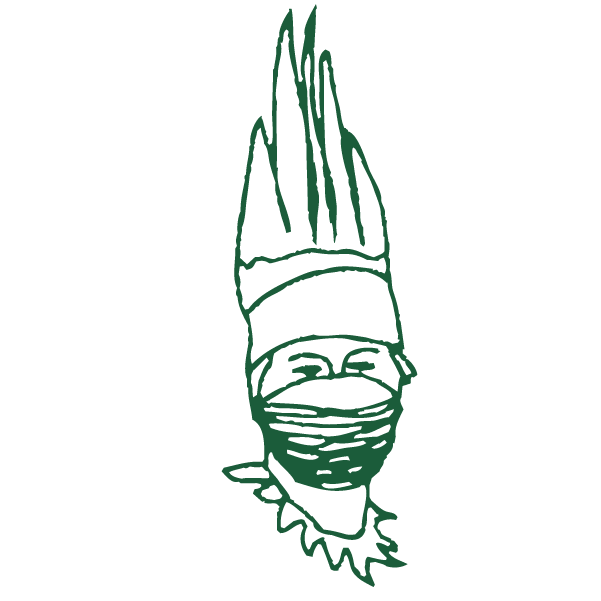Brasil
The recognition of the Rights of Nature in Brazil has primarily advanced through municipal initiatives that are reforming their organic laws. In 2023, the fifth Brazilian municipality formalized this movement, reinforcing the growing local leadership in implementing this legal paradigm.
The Rights of Nature represent an alternative approach to the traditional anthropocentric model, advocating the idea that ecosystems and natural elements have intrinsic value and must be protected as autonomous legal subjects. This concept is based on the legal recognition of Nature as an entity with the fundamental right to exist, evolve, and maintain its vital processes, independent of its relationship with humans.
The global movement that inspired this concept began in the United States in 2006, by the Tamaqua community, and was widely formalized by Ecuador’s 2008 Constitution. In Brazil, the Rights of Nature have been explicitly recognized in five municipalities so far:
Bonito (PE), in 2017
Paudalho (PE), in 2018
Florianópolis (SC), in 2019
Serro (MG), in 2022
Guajará Mirim (RO), in 2023
The case of Guajará Mirim stands out because it also recognized the Laje River as a legal subject, being the first legislation in the country to grant such status to a water resource. Other social movements and initiatives, such as the MAPAS Organization, are driving similar efforts in various Brazilian municipalities, including Bertioga (SP), Palmas (TO), Fortaleza (CE), Salvador (BA), Itacaré (BA), Ilhéus (BA), Niterói (RJ), Maricá (RJ), Natal (RN), among others.
Although the Brazilian Constitution of 1988 does not explicitly mention the Rights of Nature, jurisprudential interpretations by higher courts, such as the STF and STJ, have adopted biocentric and mitigated approaches to harmonize human relationships with ecosystems. This "constitutional opening" has contributed to the advancement of the movement in Brazil, inspired by Latin American constitutional movements and the idea of a new legal ecology.

